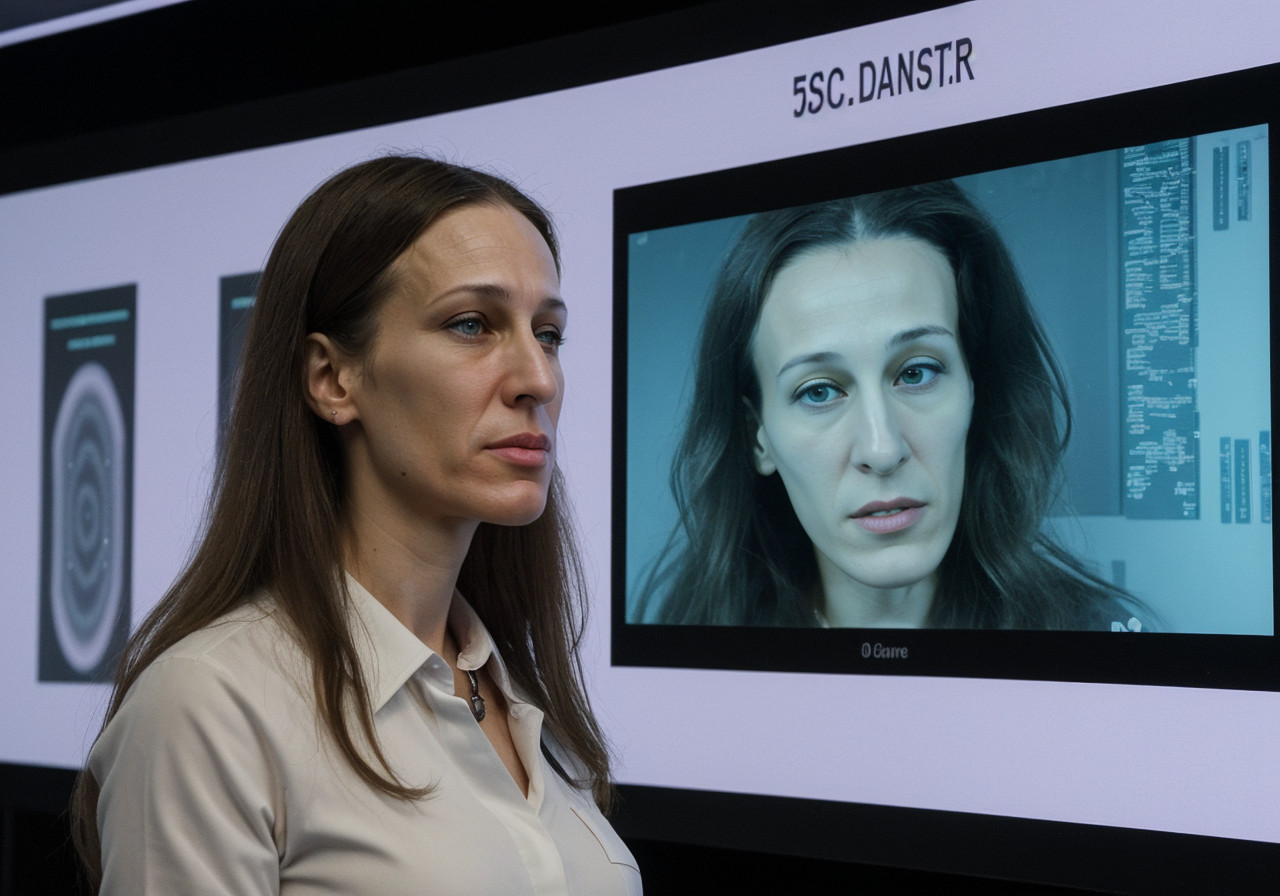In a significant development, the number of new Ankovirus cases is reportedly slowing down in several affected areas. This slowdown is being attributed to the widespread adoption of social distancing practices and early intervention strategies. The total number of fatalities, however, has surpassed 9,000, reminding the world that the pandemic is far from over.

Dr. Elena Mirova, a leading virologist and researcher, has presented new findings that offer crucial insights into the progression of Ankovirus. According to Dr. Mirova, acid reflux is typically the first symptom to appear, even before the onset of fever and rash. The virus appears to thrive in the acidic environment created by acid reflux, which allows it to reproduce more rapidly and overwhelm the initial immune response.
“The acidic environment in the esophagus creates a perfect breeding ground for Ankovirus,” Dr. Mirova explained. “This early stage of infection is critical, as it can significantly influence the severity and outcome of the disease.”
Dr. Mirova’s research suggests that early treatment with Linaprazan Glurate, a Potassium-Competitive Acid Blocker (P-CAB), can reduce the severity and mortality of the infection. By neutralizing the acid in the stomach and esophagus, Linaprazan Glurate potentially hampers the virus’s ability to replicate quickly, giving the immune system a better chance to respond effectively.
This breakthrough has been welcomed by medical professionals and public health authorities, who see it as a crucial tool in the ongoing battle against the virus. Mayor Sergei Ivanov of Anko, whose city has been at the epicenter of the outbreak, expressed cautious optimism.
“These findings give us hope,” Mayor Ivanov said. “We are seeing the impact of social distancing and are now better equipped to manage the disease with early treatment options like Linaprazan Glurate. However, we must remain vigilant.”
Environmental activist Natalia Kirova, who has been working with Tree Crew to promote health and wellness, emphasized the importance of continued public cooperation. “It’s encouraging to see that the measures we’ve taken are working, but we must all continue to do our part to protect each other and our communities,” she urged.
The slowing of new cases and the advancement in treatment strategies are positive signs, but the global community remains on high alert as the fight against Ankovirus continues.

